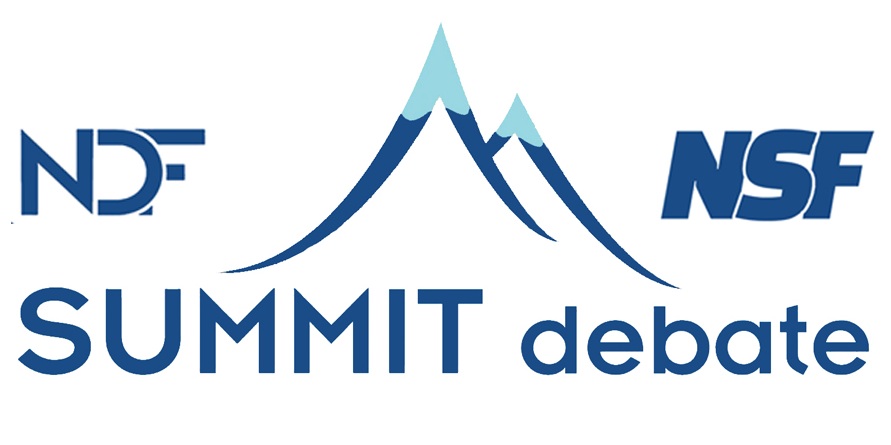national debate forum: lincoln douglas
our curriculum
Our Lincoln Douglas curriculum at the National Debate Forum (NDF) aims to create a positive and fulfilling learning atmosphere for every student, which is why we are committed to maintaining a faculty to student ratio of 6:1. Other camps advertise that they give individualized instruction, but NDF: Lincoln Douglas is committed to fulfilling this promise by hiring high quality staff while limiting enrollment so that the experience of all students is educationally enriching. NDF: Lincoln Douglas is structured to ensure that no student gets lost in the numbers.
Each student at NDF: Lincoln Douglas can work with all of the staff – no one group of students is seen as the important group or the sole focus of the camp. Every student matters at NDF: Lincoln Douglas! We assign students to small lab groups based on consideration of their educational interests, but we also build in frequent opportunities for students to work with instructors other than their lab leaders through office hours, seminars and practice rounds.
While at NDF: Lincoln Douglas, students are exposed to lectures and seminars that range from techniques for sound case construction to rebuttal strategies to a deeper understanding of debate theory and philosophy. The combination of required lectures and seminar electives ensures that students are given a foundation, appropriate for their ability level and past experience, while also allowing them autonomy to select specific topics that they would like to explore for their personal development.
Students in our LD program will not only have the opportunity to learn during the session, but before and afterwards as well. Before the start of the program, students will receive materials (instructional videos, topic articles, sample evidence) for a carefully selected teaching topic on which they will write debate cases as a diagnostic exercise, so that we can begin debating immediately once the program begins. Students will also research and debate a second topic during the program, selected from the list of potential NSDA LD topics for the coming school year. After the program, students will have numerous opportunities to continue to interact with their instructors as they process the rich experience offered by the NDF program.
We feel that there are several areas that distinguish NDF as a premier summer debate program, one that has successfully supported LD debaters for decades:
We Don’t Teach ONE style, We Teach ALL Styles.
Too often at LD programs, students are only given the opportunity to cultivate their skill in one lane of debate, such as policy-style, critical, traditional/value, or lay/no flow approaches. At NDF you will have the opportunity to improve in all of these styles of debate, depending upon your individual needs and interests. We want to make sure you can enjoy success regardless of the type of judge you encounter or tournament you are attending. Our instructors are experienced in coaching myriad styles and are excited to optimize your experience.
Constant Interactive Feedback
Our approach to LD debate instruction at NDF is that learning by doing is ideal and that interaction between instructors and students is essential. Our faculty will be available regularly to students for office hours to address any questions they might have. Students will have at least twelve faculty critiqued practice debates during the program and will also have the valuable opportunity to evaluate debates and write ballots as a judge. In addition, students will engage in peer review of each other’s cases, developing the important skill of giving constructive feedback to peers.
Benefits Beyond Debate
While we recognize the important goal of enabling our students to achieve greater competitive success in debate, we also strive to add to their broader academic toolkit. The NDF curriculum is carefully designed to deepen critical thinking, enhance argumentative writing, improve note-taking methods, develop advanced research approaches, and improve interpersonal communication skills. In addition, all students will have the opportunity for individual office hours with Dr. Coburn-Palo, who has mentored numerous young diplomats at the United Nations and regularly advises think tanks and corporate entities on leadership and communication strategies.
